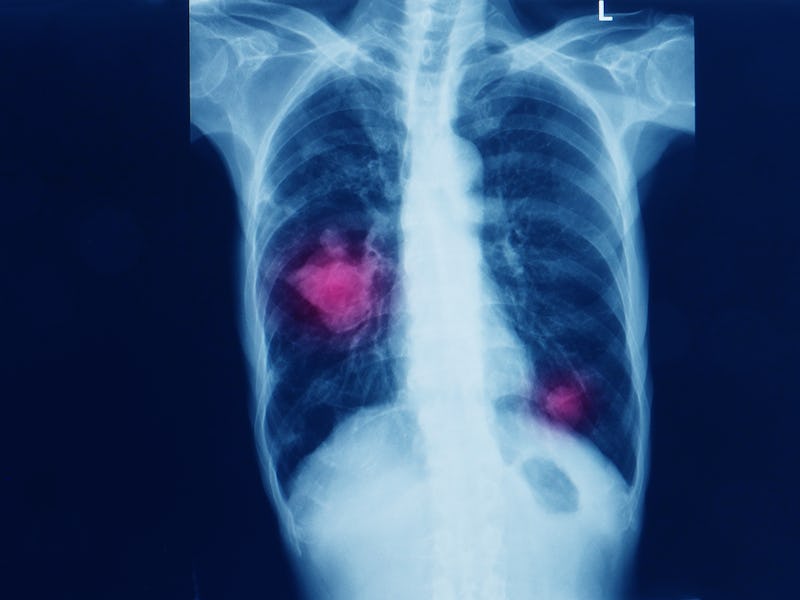A new A.I. system could make sure we never misdiagnose cancer again
Researchers have developed an A.I. system that can accurately diagnose cancer 100 percent of the time, and it could save lives.

Research tells us between 40,000 and 80,000 people per year die from the misdiagnosis of an ailment in the United States every year, and over a third of misdiagnoses that result in death or permanent disability are cancer-related. Obviously doctors want to properly diagnose cancer if someone has it and find it as early as possible, and a new A.I. system could help with that.
Researchers at the University of Waterloo in Canada have developed an A.I. system that can accurately diagnose 32 different forms of cancer 100 percent of the time. It was created using 30,000 digital images of tissue samples, and it compares images of biopsies where there was a positive cancer diagnosis with a new image from someone who hasn't yet been diagnosed to make its determination. The research was published earlier this month in the journal Nature Digital Medicine.
Hamid Tizhoosh, director of the Laboratory for Knowledge Inference in Medical Image Analysis (KIMIA Lab) at Waterloo and an author of the research, said in a statement that A.I. has great potential in this field.
"A.I. can help us tap into our medical wisdom, which at the moment is just sitting in archives," Tizhoosh said. "When you use A.I. like this, its performance is astounding."
The A.I. system can diagnose melanoma, prostate cancer and many other types of cancer. The images that were used to create it were provided by the National Cancer Institute in the United States. Tizhoosh said having access to such a large archive made this possible.
"We showed it is possible using this approach to get incredibly encouraging results if you have access to a large archive," Tizhoosh said. "It is like putting many, many pathologists in a virtual room together and having them reach consensus."
More research still needs to be done, but a system like this could greatly improve the accuracy of cancer diagnoses and save thousands of lives every year in the United States alone. Tizhoosh said this technology could also be useful in places where there "simply aren’t enough specialists." He said a doctor in a place like that could email the image to someone who has this system and get a diagnosis back quickly.
As we've previously reported, A.I. has been starting to make waves in the cancer diagnosis field in recent years. Google's A.I. was actually found to be better at diagnosing breast cancer than an individual radiologist and about as good as two radiologists. Around 20 percent of mammograms produce a false negative, so A.I. could help lower that number. Google's A.I. has also outperformed radiologists in diagnosing lung cancer.
See also: Machine learning might help us predict where the coronavirus will spread to next
With A.I. and machine learning fast developing, we may soon reach a point where we're diagnoses are vastly more accurate and we catch problems earlier. The longer a disease like cancer goes untreated, the more likely it is to kill you, so we want to catch these things as soon as we can. Then we'll just have to make sure people actually go to the doctor when there's a problem.
The Inverse analysis
Technology is only going to help us so much if a lot of people aren't going to the doctor when they should. Unfortunately, for many lower-income Americans, they don't have health insurance and often can't afford to go when they should go. If we really want to lower the amount of cancer-related deaths, we can't rely on technology alone. We also have to make sure those with little wealth can get the medical attention they need when they need it.